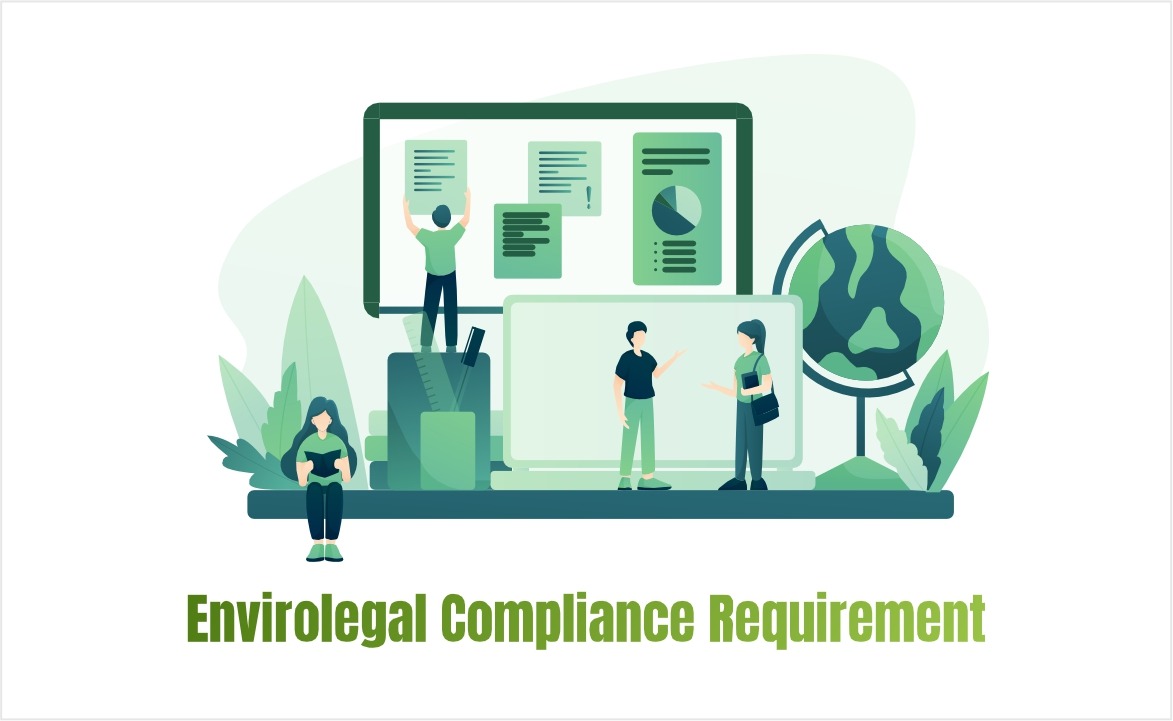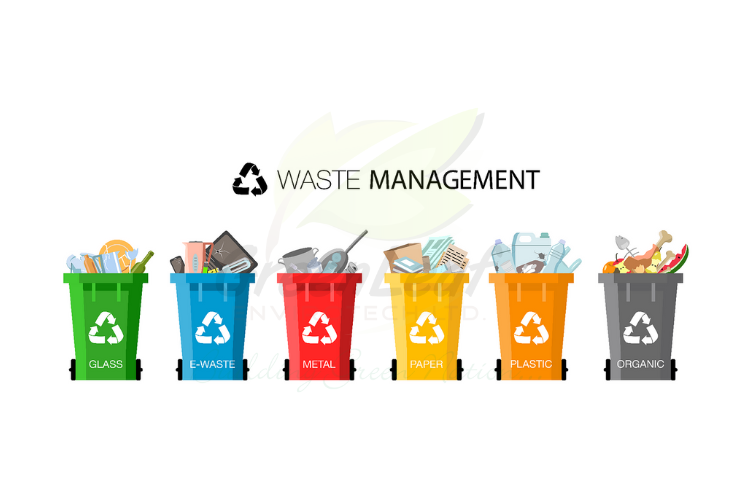Enviro legal compliance is needed to ensure that a company or organization operates in a manner that protects the environment and public health, and complies with relevant laws and regulations.
Enviro legal compliance comprises of all the legal permissions, certificates and authorizations either from Pollution Control Board or Ministry of Environment, Forest and Climate Change (MoEF &CC) relating to environmental clearance, air emission, water consumption and discharge, noise pollution, hazardous waste generation, e-waste, plastic waste.
This includes ensuring that emissions, waste management practices, and other activities do not harm the environment and that the company is in compliance with regulations such as the Environment (Protection) Act, 1986. Failure to comply with these regulations can result in legal action, environmental compensation (fine) and damage to the company’s reputation.
Therefore, environmental compliance is important for protecting the environment, ensuring public health and safety, and avoiding legal and financial consequences.
Environmental legal compliance is essential to guarantee that a company operates responsibly, safeguarding the environment and public health while adhering to pertinent laws and regulations.
This involves obtaining legal permissions, certificates, and authorizations from entities like the Pollution Control Board or the Ministry of Environment, Forest and Climate Change (MoEF &CC). These cover a range of aspects, including environmental clearance, air emissions, water consumption and discharge, noise pollution, hazardous waste generation, and e-waste and plastic waste management.
Ensuring compliance is crucial to prevent environmental harm and align with regulations like the Environment (Protection) Act, 1986. Non-compliance may lead to legal repercussions, environmental fines, and harm to the company’s reputation.
In summary, environmental legal compliance is vital for environmental protection, public health, safety, and avoiding legal and financial liabilities.
Proactive environmental legal compliance is a strategic imperative for businesses, encompassing adherence to stringent laws and regulations governing air quality, water usage, waste disposal, and more. It involves obtaining crucial approvals and authorizations from regulatory bodies, such as Pollution Control Boards and the Ministry of Environment, Forest and Climate Change (MoEF &CC).
Maintaining compliance ensures that a company’s operations do not adversely impact the environment, preventing potential legal consequences, fines, and reputational damage. It’s not just a legal requirement but a commitment to sustainable practices, demonstrating corporate responsibility and contributing to a cleaner, healthier planet.
By navigating the complexities of environmental laws, businesses can mitigate risks, foster a positive public image, and actively participate in building a greener and more sustainable future.


